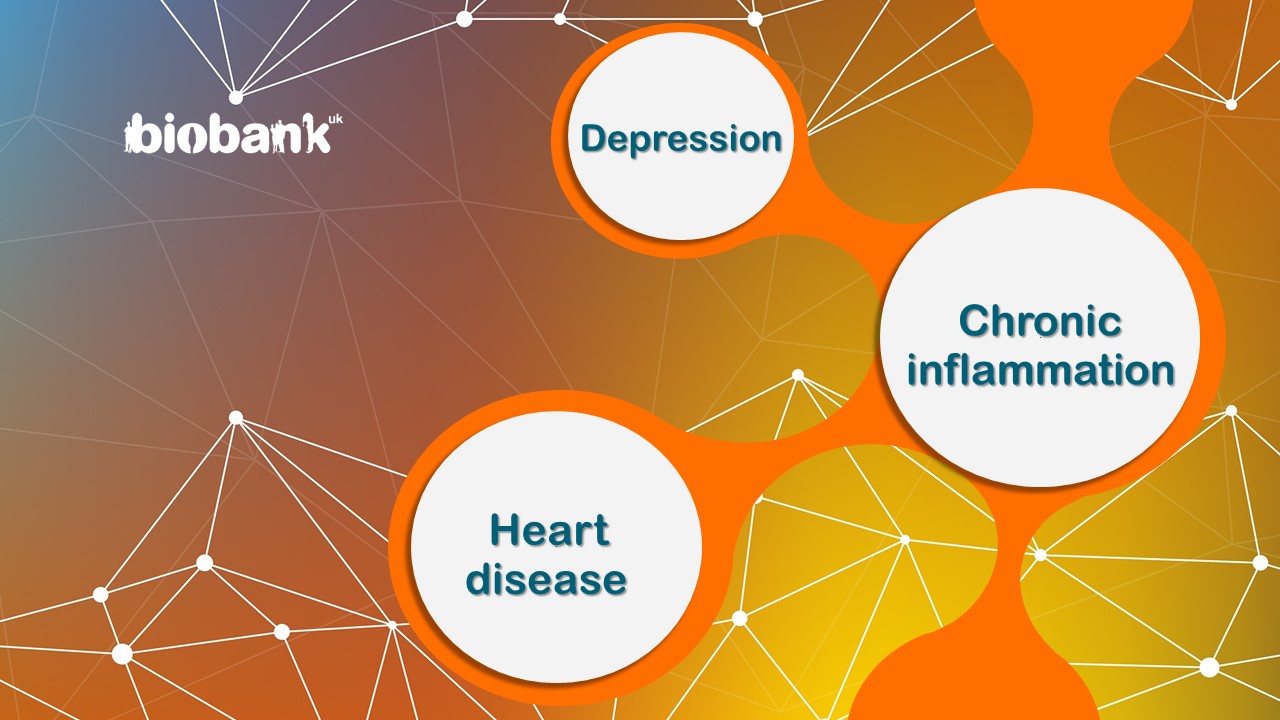Inflammation links heart disease and depression, study finds
Inflammation links heart disease and depression, study finds

People with heart disease are more likely to suffer from depression, and the opposite is also true. Now, scientists at the University of Cambridge believe they have identified a link between these two conditions: inflammation – the body’s response to negative environmental factors, such as stress.
This study was published in the journal Molecular Psychiatry. Dr Khandaker and colleague Dr Stephen Burgess led a team of researchers from Cambridge who examined this link by studying data relating to almost 370,000 middle-aged participants of UK Biobank.
"“It is possible that heart disease and depression share common underlying biological mechanisms, which manifest as two different conditions in two different organs – the cardiovascular system and the brain. Our work suggests that inflammation could be a shared mechanism for these conditions,”"Dr Khandaker, a Wellcome Trust Intermediate Clinical Fellow at the University of Cambridge
The link between heart disease and depression is well documented. People who have a heart attack are at a significantly higher risk of experiencing depression. Yet, until now, scientists have been unable to determine whether this is due to the two conditions sharing common genetic factors or whether shared environmental factors provide the link. While inflammation is a natural response necessary to fight off infection, chronic inflammation – which may result from psychological stress as well as lifestyle factors such as smoking, excessive alcohol intake, physical inactivity and obesity – is harmful.
"“Although we don’t know what the shared mechanisms between these diseases are, we now have clues to work with that point towards the involvement of the immune system. Identifying genetic variants that regulate modifiable risk factors helps to find what is actually driving disease risk,”"Dr Stephen Burgess, University of Cambridge
